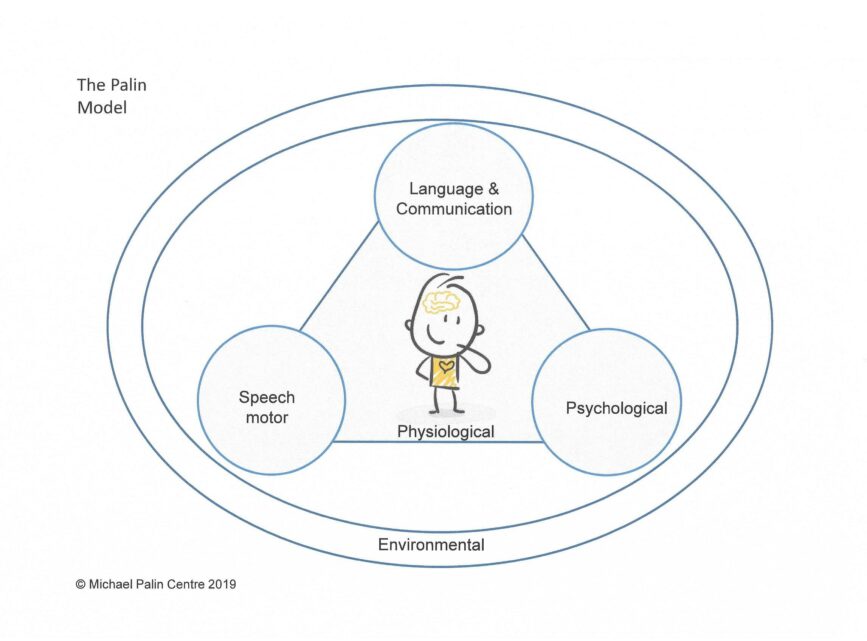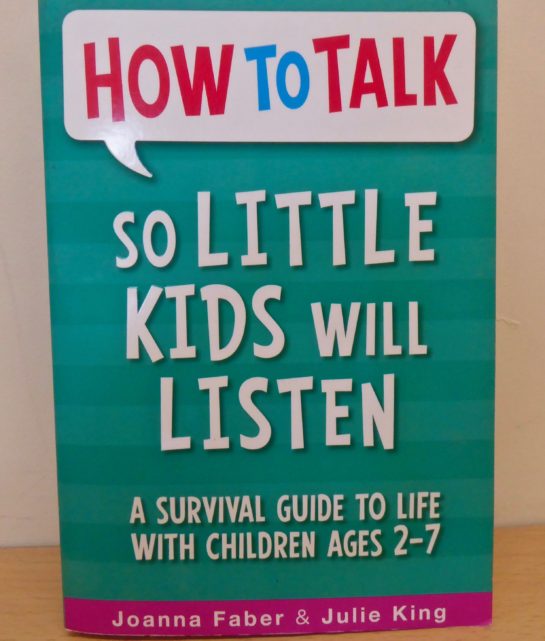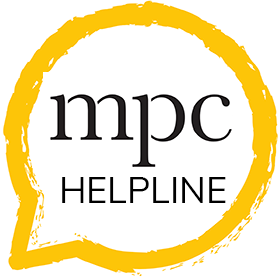Resources for SLTs
Palin Parent-Rating Scales (Palin PRS)
- an on-line outcome measure for clients aged 3-15
- developed at the Michael Palin Centre
- completed by parents
- standardised on 259 children who stammer
- measures 3 factors: the impact of stammering on the child, the severity of stammering and impact on parents, parents’ knowledge about stammering and confidence in managing it
- to set up an account go to: https://www.palinprs.org.uk/secure/pprs_connect.php
and click on ‘create an account‘
Free Webinar
How to deliver Palin Parent Child Interaction Therapy to families over the internet
This free practical webinar gives you lots of advice and tips and troubleshoots many of the glitches that we and others have experienced.
The Palin Model
Many therapists will be familiar with our four-factor, multifactorial model (Kelman & Nicholas, 2008) which have previously used to help explain stammering to parents. In the four-factor model stammering, placed centrally, was seen as being equally influenced by physiological, speech and language, psychological and environmental factors.
Our new Palin Model places the child or young person and their brain in the centre, reflecting what is now known about the genetic and neurophysiological factors which underpin developmental stammering.

The child is now at the centre of a triangle, at the points of which are speech-motor, language and communication, and psychological domains. The model helps us to include each individual’s unique strengths and vulnerabilities in each of these areas which may be relevant to the development and impact of their stammer.
Surrounding the triangle is a circle which represents the child or young person’s environment: their home, school and social world. This helps us to consider how unique environmental factors may interact with physiological, speech-motor, language and communication, and psychological factors to influence their experience of stammering.
The Palin Model is not a causal model. It is a clinical tool which gives us a framework for our assessment and helps to highlight areas that are relevant for each individual child or young person. This in turn helps us to formulate a therapy plan and to explain therapy to children and parents in a way that is personal to them. In this way we can aim to reduce feelings of guilt and anxiety and build an open, collaborative relationship build on a shared understanding of their experience.
Books we like
How To Talk So Little Kids Will Listen and Listen So Little Kids Will Talk, by Joanna Faber and Julie King
A classic resource to use as part of your work with families, especially those with young children.

The Huge Bag of Worries
A story that normalises worry and encourages children to be more open about the things that bother them.

Sometimes you just need someone to talk to


Sometimes you just need someone to talk to
Our Helpline, 020 3316 8100, is open during office hours (9am-5pm) and voicemail messages can be left when the office is closed.
“It was really helpful with my talking.”
